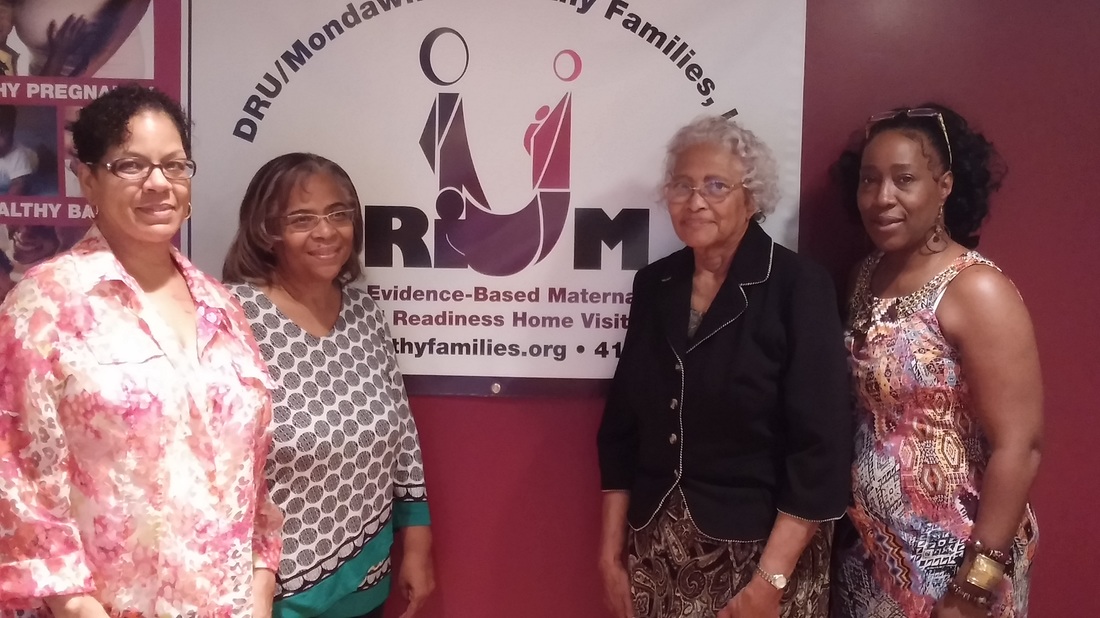This past Saturday, I had the privilege of working with the Executive Director and the Board of DRU/Mondawmin Healthy Families Inc. ("DRUM") in Baltimore. They are a growing organization, seeking to diversify their revenue streams and I have been working with them on developing a fundraising plan.
Saturday, we held a Board-Only session, that included discussions around:
These are just a few topics we covered in a very productive session on Saturday. I am excited and proud to be a part of the transformation at DRUM and to be working with the dedicated members of their Baord and staff.
Details Strategic Advisors LLC can also help your organization "turn the corner" toward it's next growth and development phase. Check us out at www.DetailsStrategicAdvisors.com.
Saturday, we held a Board-Only session, that included discussions around:
- Drafting a Case for Support and creating a Fundraising Tool Kit
- The process of engaging individuals and other organizations
- The Board's role in fundraising
- Creating a "menu" of ways the Board can help with fundraising
- Setting give/get expectations for Board members, which is included in the Board job description
- The infrastructure needed for fundraising (donor database, donor record-keeping, etc.)
- How communciations goes hand-in-hand with a fundraising program
These are just a few topics we covered in a very productive session on Saturday. I am excited and proud to be a part of the transformation at DRUM and to be working with the dedicated members of their Baord and staff.
Details Strategic Advisors LLC can also help your organization "turn the corner" toward it's next growth and development phase. Check us out at www.DetailsStrategicAdvisors.com.

 RSS Feed
RSS Feed
